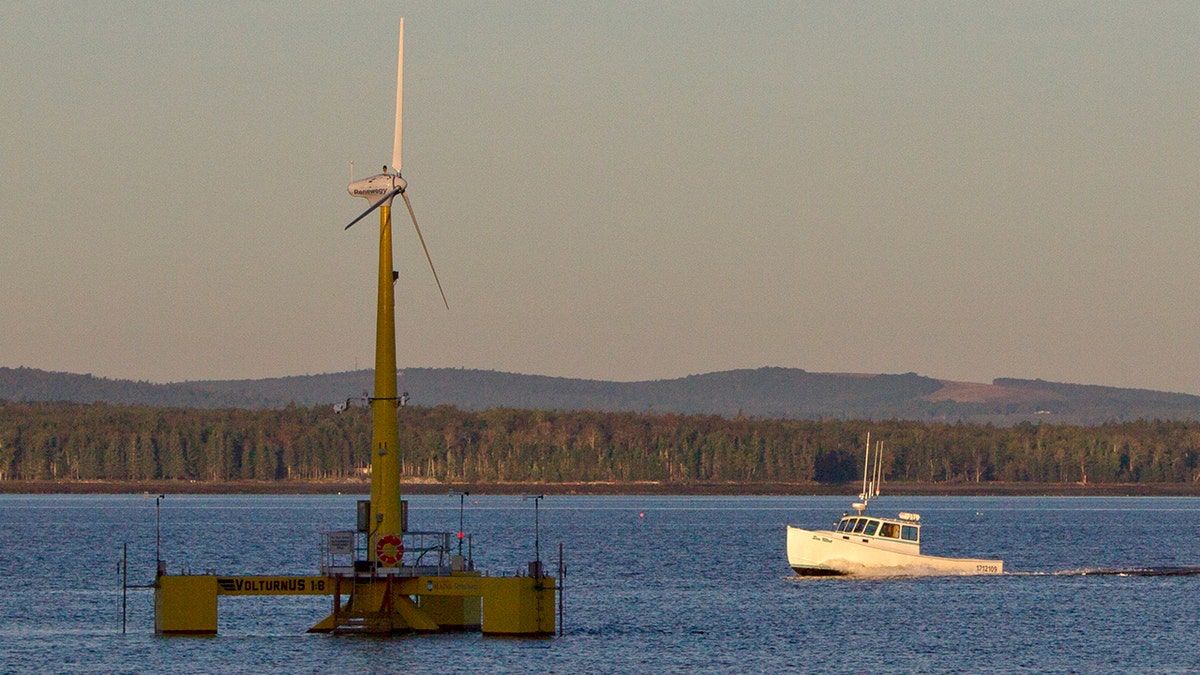Maine has set an ambitious target of generating at least 3,000 megawatts of electricity from offshore wind turbines by 2040. This initiative, signed into law by Governor Janet Mills, is projected to provide power for approximately half of the state's electricity needs. The legislation incorporates incentives designed to encourage wind power developers to avoid impacting valuable lobster fishing areas. This move positions Maine to catch up with neighboring states that have already established offshore wind projects. The new law outlines a timeline for soliciting proposals, as well as setting standards for port development and job creation related to the construction process.
Distinct from other regional projects, Maine's wind turbines will employ floating platform technology due to the significant depth of the Gulf of Maine, which prevents traditional anchoring to the ocean floor. State officials are hopeful that developers will utilize technology developed by the University of Maine, which has been at the forefront of precast floating turbine technology and has conducted prototype testing off the Maine coast.

Governor Mills emphasized the potential benefits of responsibly developed offshore wind power, highlighting the possibility of securing clean energy, stabilizing energy prices, creating employment opportunities, and promoting a healthier environment for future generations. The established timeline indicates that federal lease sales should be finalized next year, with the state issuing requests for proposals to operate the offshore wind turbines in early 2026.
Habib Dagher, director of the University of Maine’s Advanced Structures and Composites Center, expressed confidence that this initiative signals Maine's leadership in the clean energy sector and encourages collaboration with industry partners. This development follows recent approvals for offshore wind projects in other northeastern states, including New Jersey, Massachusetts, New York, and Rhode Island.
State Senator Mark Lawrence, the bill's sponsor, acknowledged the collaborative effort involved in reaching a compromise after the governor vetoed a previous version due to concerns about labor provisions. He highlighted the potential for job creation, lower and more stable energy prices, and the contribution to combating climate change.
Comments(0)
Top Comments